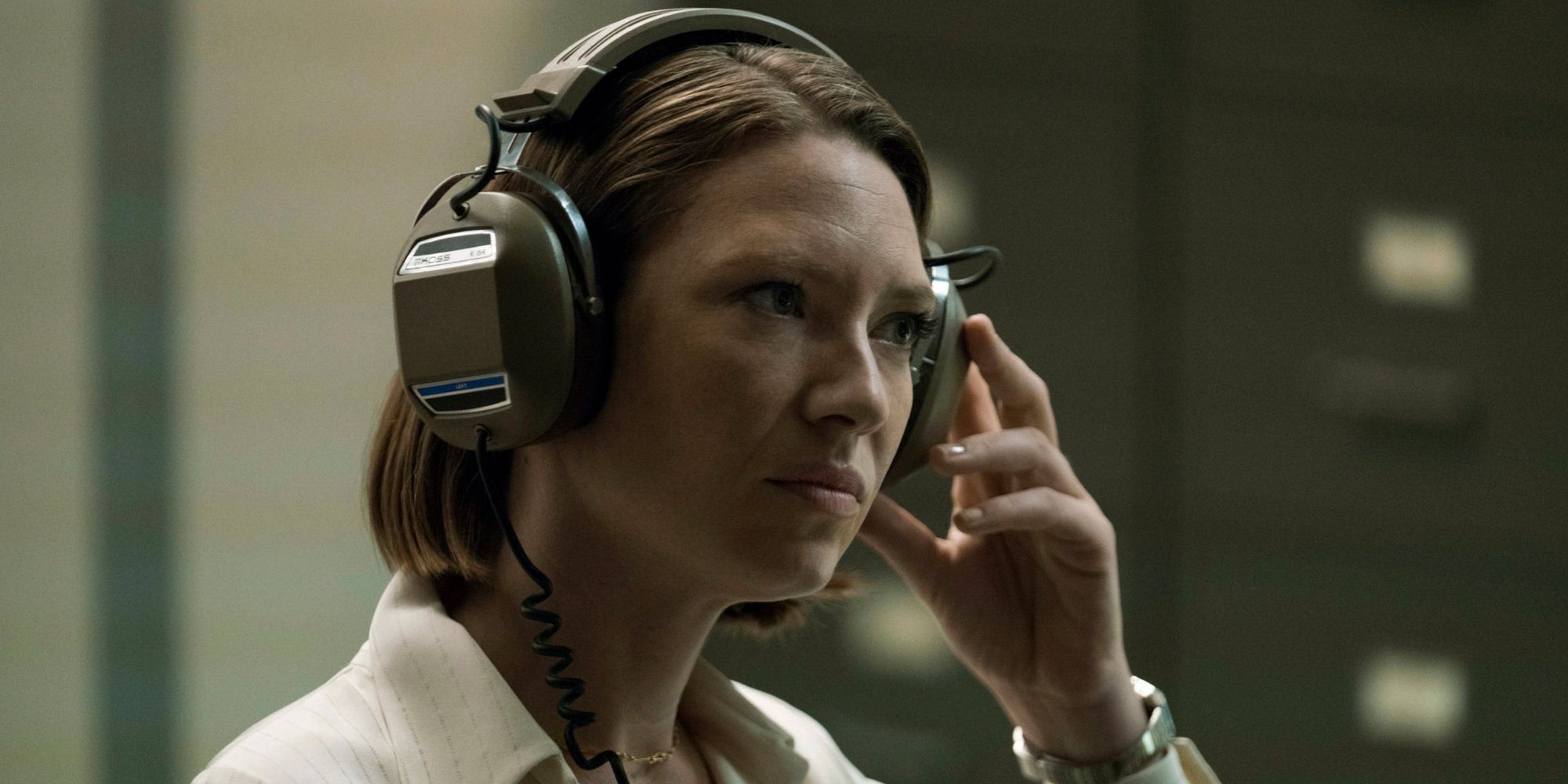David Fincher Finally Breaks Silence on Why There’s No Mindhunter Season 3

Entertainment Desk
If there were a ranking of Netflix’s most lamented cancellations, Mindhunter would be near the very top. The chilling, cerebral crime drama captivated audiences for two seasons before abruptly going dark, leaving fans desperate for answers. For years, the show’s creator and director, David Fincher, offered only vague hints about why the series ended. But now, he’s opening up more than ever — and his explanation might surprise you.
The Rise and Sudden Halt of a Hit
Mindhunter premiered on Netflix in 2017, blending meticulous period detail with psychological depth. The series, based on the book Mindhunter: Inside the FBI’s Elite Serial Crime Unit by John E. Douglas and Mark Olshaker, followed fictionalized versions of real FBI agents Holden Ford (Jonathan Groff) and Bill Tench (Holt McCallany), along with psychologist Wendy Carr (Anna Torv), as they pioneered the practice of criminal profiling in the late 1970s.
Its mix of slow-burn storytelling, chilling interviews with infamous serial killers, and high production values made it a critical darling. The second season, released in 2019, expanded its focus to the Atlanta Child Murders case — and ended with plenty of room for the story to continue.
But in early 2020, Netflix announced that the cast had been released from their contracts and that the show was on “indefinite hold.” For many, that was as good as a cancellation.
Fincher’s Earlier Statements: “It’s Too Much Work”
Until recently, Fincher’s comments suggested the decision was his own. In past interviews, he cited the exhausting demands of making Mindhunter, describing 90-hour work weeks and the intense focus required to get every detail right.
“It’s a lot for me,” he told Vulture in 2020. “It absorbs everything in your life. And when you’re done, you need to take a break.”
At the time, Fincher was also deep into other projects, including his Oscar-nominated film Mank and producing Love, Death & Robots for Netflix.
The New Explanation: More Than Just Scheduling
Now, however, Fincher is clarifying that the situation wasn’t solely about his workload. In a recent interview, he revealed that Netflix wasn’t fully convinced a third season was worth the investment.
“I think it’s a very expensive show, and in the eyes of Netflix, we didn’t attract enough of an audience to justify that cost,” Fincher explained.
This candid admission shifts part of the narrative away from personal choice and toward business realities. As much as Netflix valued the show’s prestige, the streaming giant has increasingly favored content that delivers higher viewership for its budget.
A Costly Crime
Producing Mindhunter was no small undertaking. The series’ attention to historical accuracy meant painstaking set designs, detailed period costumes, and extensive location shoots to convincingly recreate the late ’70s and early ’80s. The interviews with serial killers, often drawn directly from real transcripts, required extensive research and meticulous scripting.
When you factor in the talent involved — not only the main cast, but also the actors portraying notorious criminals like Ed Kemper and Charles Manson — it’s easy to see why the budget ballooned.
According to industry insiders, each episode of Mindhunter cost several million dollars, putting it in the same range as Netflix’s biggest hits — but without matching those shows’ massive viewership numbers.
Fan Frustration and Lingering Hope

The revelation has reignited fan campaigns to bring the series back, with many arguing that Mindhunter’s cultural impact outweighs raw viewership metrics. Online petitions and social media hashtags like #SaveMindhunter continue to trend sporadically, especially whenever Fincher makes headlines.
Some fans are still clinging to hope. Netflix hasn’t officially “cancelled” the show, which means the door — however narrow — remains open for a revival. Fincher himself hasn’t ruled it out completely, though he’s careful not to raise expectations.
“I’d love to revisit it someday,” he said, “but right now, it’s not in the cards.”
What Could Have Been

Season 2’s ending teased several storylines that now remain unresolved, including Agent Tench’s troubled home life and hints of the BTK Killer’s looming presence. Fans have speculated endlessly about how these threads might have played out — some even envisioning a multi-season arc culminating in BTK’s eventual capture in 2005.
Fincher’s remarks make it clear that, for now, those ideas will stay in the realm of “what if.”
The Bottom Line
The truth behind Mindhunter’s absence is a blend of artistic exhaustion and corporate calculation. Fincher’s demanding creative process, combined with Netflix’s focus on cost-to-viewership ratios, created a perfect storm that halted the series after just two seasons.
While the chances of a third season remain slim in the near future, Mindhunter’s legacy endures — not just as one of Netflix’s most acclaimed dramas, but as a testament to the risks and rewards of high-quality, niche storytelling in the streaming era.
For fans, the hope is that one day, the Behavioral Science Unit will reopen its doors. Until then, the first two seasons remain a masterclass in psychological crime drama — and a reminder that sometimes, even the best shows can be victims of the bottom line.





